Understanding Skin Whitening
Before we dive into the treatments, it’s crucial to understand that “skin whitening” is a term often used interchangeably with “skin lightening.” The goal is to reduce melanin production, the pigment responsible for skin color. It’s important to approach this process with realistic expectations and a focus on overall skin health.
Top Skin Whitening Treatments
Chemical Peels:
- Exfoliates the outer layer of the skin, revealing a brighter
- Improves skin texture and reduces the appearance of
- Different strengths of peels are available to suit various skin
Laser Treatments:
- Targets and breaks down melanin, resulting in a more even skin
- Effective for treating melasma, freckles, and age
- Multiple sessions may be required for optimal
Microdermabrasion:
- Gently exfoliates the skin, removing dead skin cells and revealing a fresher
- Improves skin texture and reduces the appearance of fine
- Suitable for most skin
Topical Skin Lightening Creams:
- Contains ingredients like hydroquinone, kojic acid, or vitamin C to inhibit melanin
- Gradual results but effective for mild
- Must be used consistently and under medical
Skin whitening IV Drips:
The primary ingredient in most skin whitening IV drips is Glutathione. This antioxidant is naturally produced by the body and plays a role in regulating melanin production. By increasing glutathione levels, the theory is that skin pigmentation can be lightened.
Other ingredients commonly found in these drips include:
- Vitamin C is an antioxidant that supports collagen production and skin health.
- Alpha Lipoic Acid is another antioxidant that helps protect cells from
Always consult with a qualified doctor before considering this option.
Choosing the Right Treatment
The best skin whitening treatment for you depends on various factors, including your skin type,
desired results, and budget. It’s essential to consult with a qualified aesthetic doctor to determine the
most suitable approach.
Natural vs. Chemical Skin Whitening Treatments
The pursuit of a brighter complexion has led to a myriad of options, from natural remedies to
advanced chemical treatments. Let’s compare the two:
Natural Skin Whitening Treatments Pros:
- Generally milder and less likely to cause
- Often more affordable and
- Can be a holistic approach to skin
Cons:
- Results are often gradual and less
- Efficacy can vary depending on individual skin type and
- Some natural ingredients can cause
Popular Natural Options: Aloe vera, Lemon juice ,Yogurt ,Turmeric, Honey
Chemical Skin Whitening Treatments
Pros:
- Often provide faster and more visible
- Can target specific skin concerns like
- Clinically proven
Cons:
- Potential for side effects like irritation, dryness, or
- Can be more
- Requires professional
Common Chemical Treatments: Hydroquinone ,Kojic acid, Retinol ,Chemical peels, Laser treatments
Important Considerations
Skin Type: Both natural and chemical treatments can suit different skin types. It’s essential to consider your skin’s sensitivity and specific needs.
Patch Test: Always test any new product, whether natural or chemical, on a small area of skin before widespread application.
Sun Protection: Regardless of the treatment, consistent use of sunscreen is crucial to prevent new pigmentation.
Professional Advice: For persistent or severe pigmentation issues, consulting a dermatologist is recommended.
Safety Tips for Skin Whitening Treatments
Skin whitening treatments, whether natural or chemical, require careful consideration and adherence to safety guidelines. Here are some essential tips:
General Safety Tips
Consult a Dermatologist: Always consult a qualified dermatologist before starting any skin whitening treatment. They can assess your skin type, recommend suitable options, and monitor your progress.
Patch Test: Perform a patch test on a small area of skin before applying any new product or undergoing a treatment. This helps identify potential allergies or adverse reactions.
Sun Protection: Consistent use of broad-spectrum sunscreen with a high SPF is crucial to protect your skin from harmful UV rays and prevent new pigmentation.
Avoid Over-Exfoliation: Excessive exfoliation can irritate your skin. Follow the recommended frequency for any exfoliating treatment.
Hydration: Keep your skin well-hydrated by drinking plenty of water and using moisturizers.
Specific Safety Tips
Natural Treatments:
- Use fresh
- Avoid prolonged exposure to citrus-based treatments, as they can increase skin sensitivity to
- Dilute essential oils before applying them to the
Chemical Treatments:
- Follow the product instructions
- Avoid applying the product to broken or irritated
- Discontinue use if you experience severe irritation or adverse
- Be cautious with hydroquinone-based products, as prolonged use may have side
Additional Considerations:
Realistic Expectations: Understand that skin whitening is a gradual process. Results may vary depending on individual skin type and condition.
Avoid DIY Treatments: While there are many home remedies, it’s safer to opt for professional
treatments or products recommended by a dermatologist.
Balanced Diet and Lifestyle: A healthy diet, regular exercise, and adequate sleep contribute to overall skin health.
Skin Whitening Treatments: Myth or Fact?
The desire for a brighter complexion has led to a plethora of skin whitening treatments. However,
many misconceptions surround these procedures. Let’s separate fact from fiction.
Common Myths About Skin Whitening
Myth 1: Fairness creams can magically lighten skin.
Fact: Fairness creams often contain harmful chemicals and provide only temporary results. They do not fundamentally change your skin tone.
Myth 2: Skin whitening is harmful and dangerous.
Fact: While some treatments might involve potent chemicals, when done under professional guidance, the risks are minimal. However, it’s crucial to choose reputable clinics and qualified practitioners.
Myth 3: Once you stop treatment, your skin will return to its original color.
Fact: This depends on the treatment. Some procedures offer long-lasting results, while others require maintenance. Sun exposure can also affect the outcome.
Myth 4: Natural remedies are always safe and effective.
Fact: While some natural ingredients can benefit the skin, they might not be suitable for everyone. Some can even cause irritation. It’s essential to consult a dermatologist before trying any home remedies.
Facts About Skin Whitening
- Skin whitening targets hyperpigmentation.
It aims to reduce uneven skin tone caused by factors like sun exposure, acne scars, or melasma.
- Professional treatments offer better
Procedures like chemical peels, laser treatments, and microdermabrasion can effectively address pigmentation issues.
- Sun protection is
Regardless of the treatment, shielding your skin from the sun is essential to maintain results and prevent new pigmentation.
- Skin health is
A comprehensive skincare routine, including hydration, exfoliation, and sun protection, is vital for overall skin health.
Remember: The key to achieving a brighter complexion lies in understanding your skin type, choosing suitable treatments, and prioritizing sun protection. Always consult a dermatologist for personalized advice.



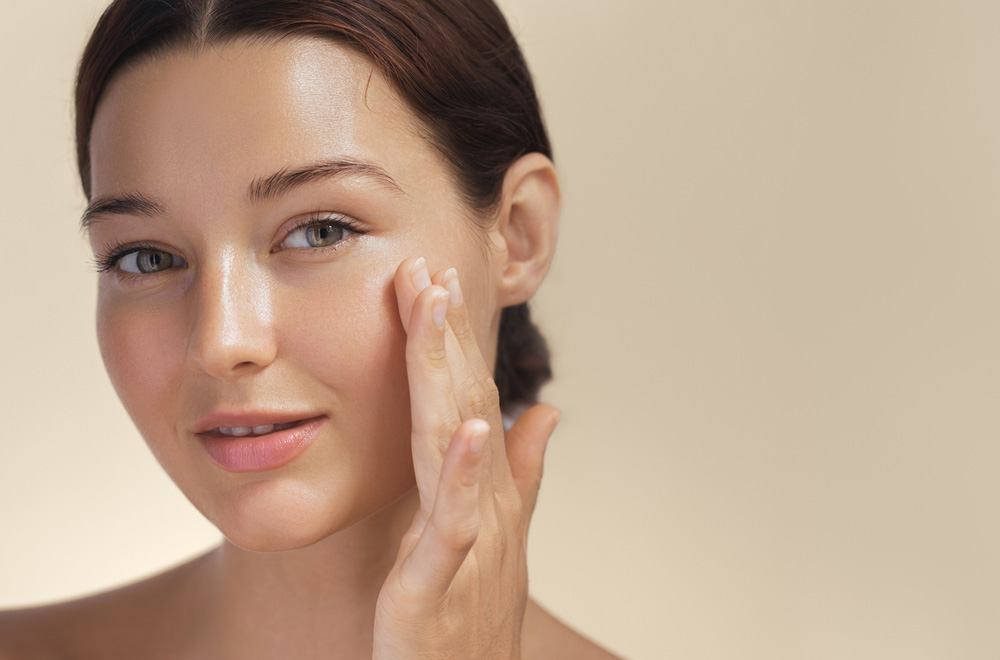
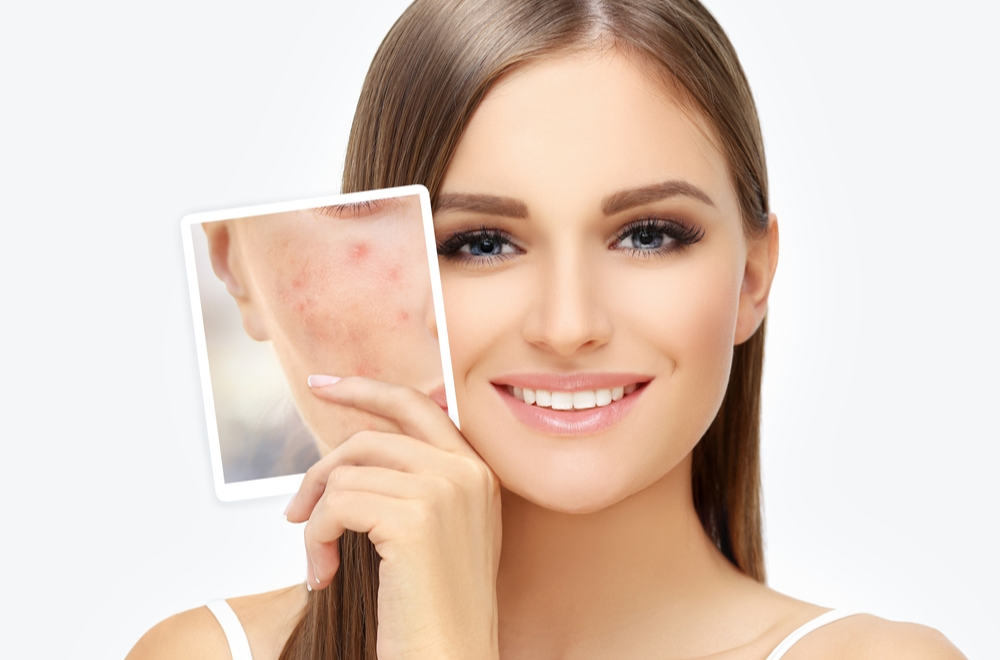
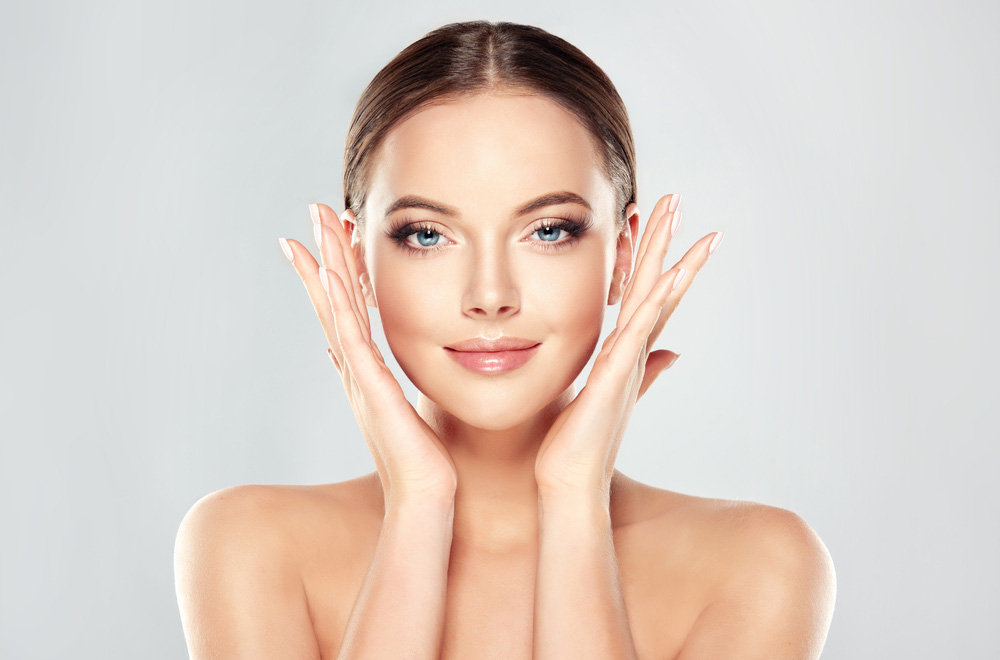
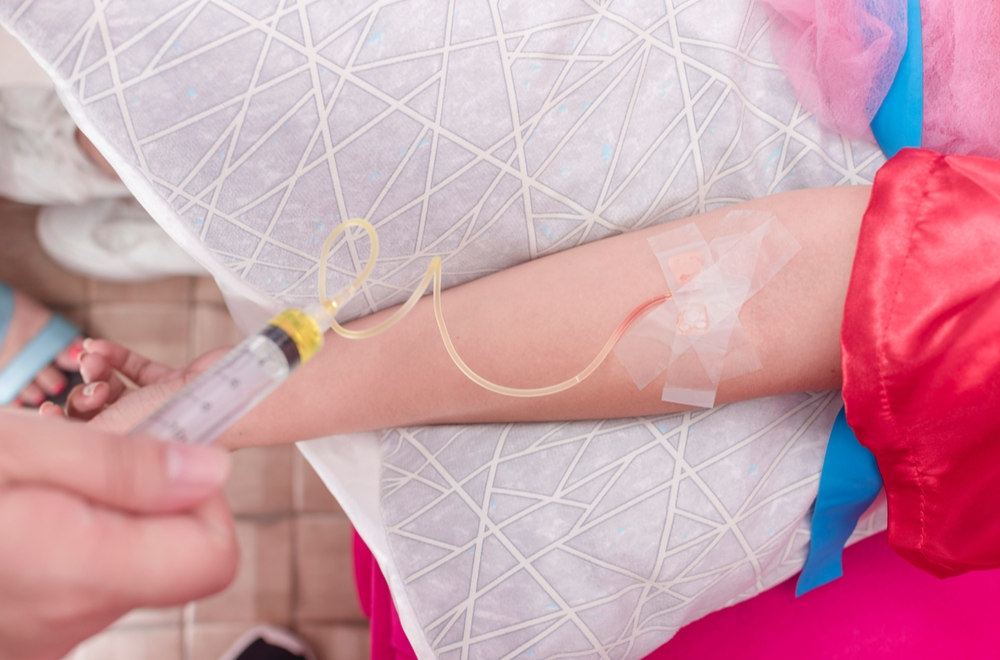

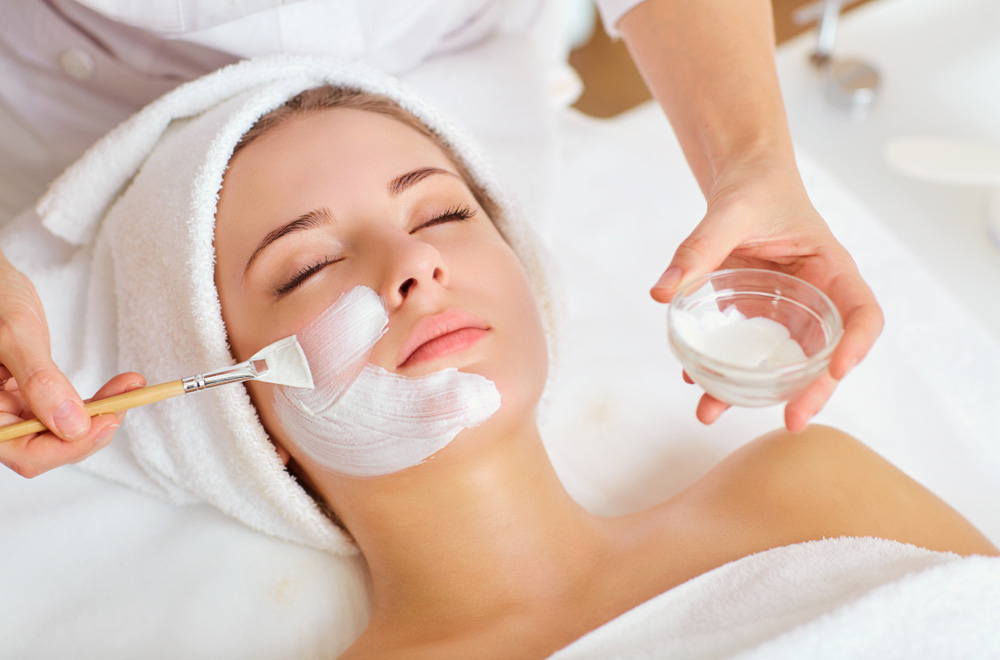

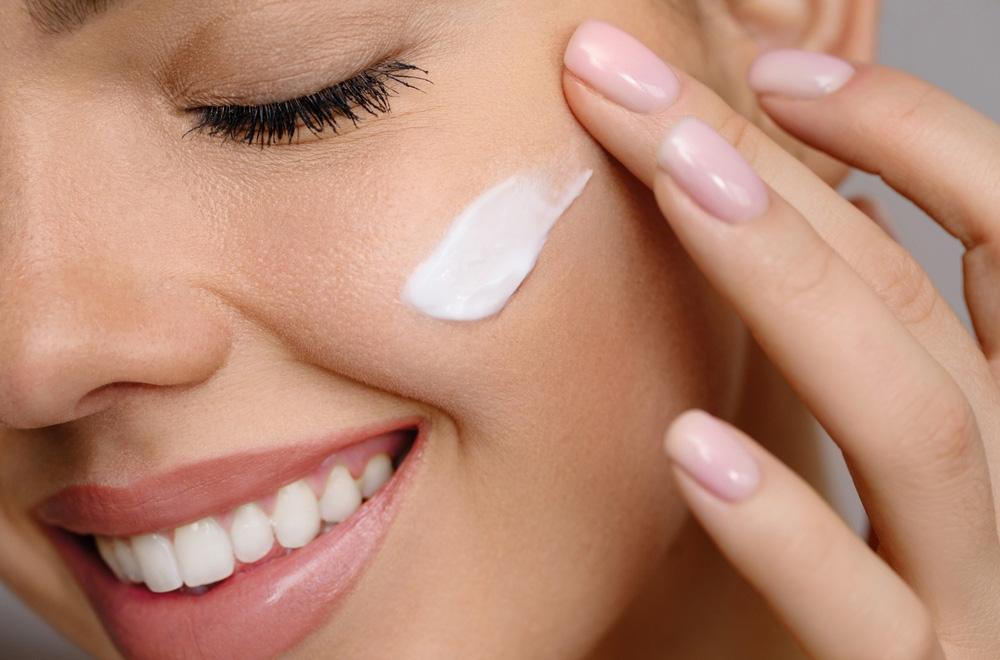
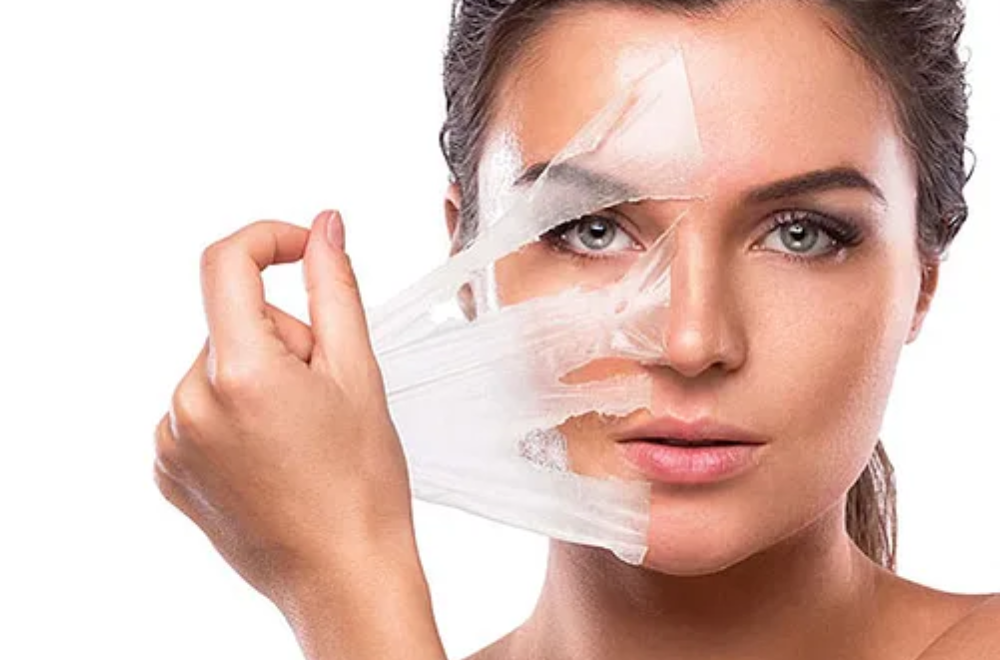
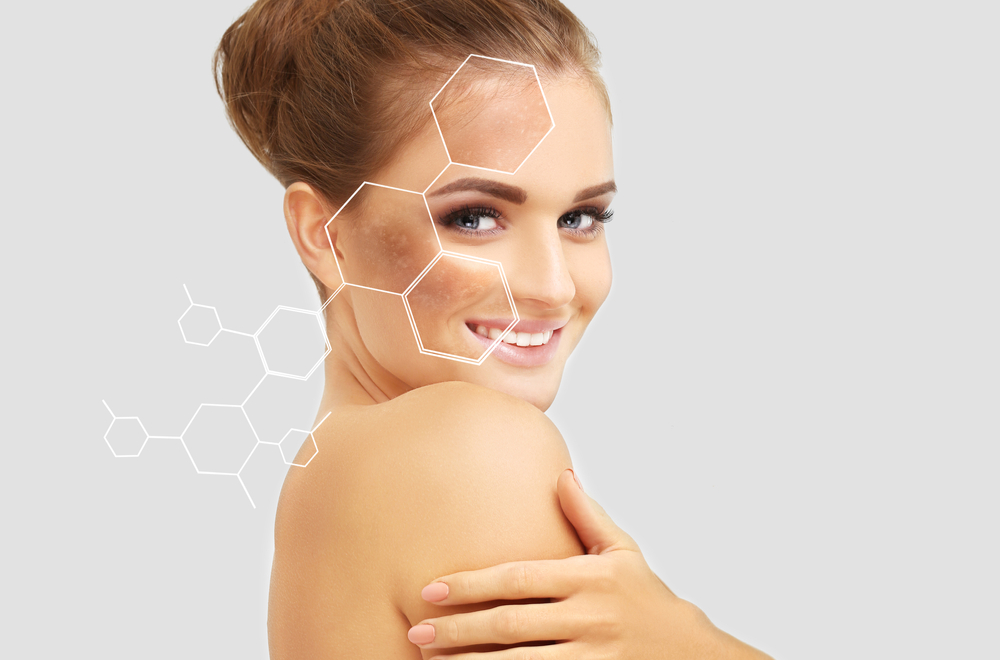
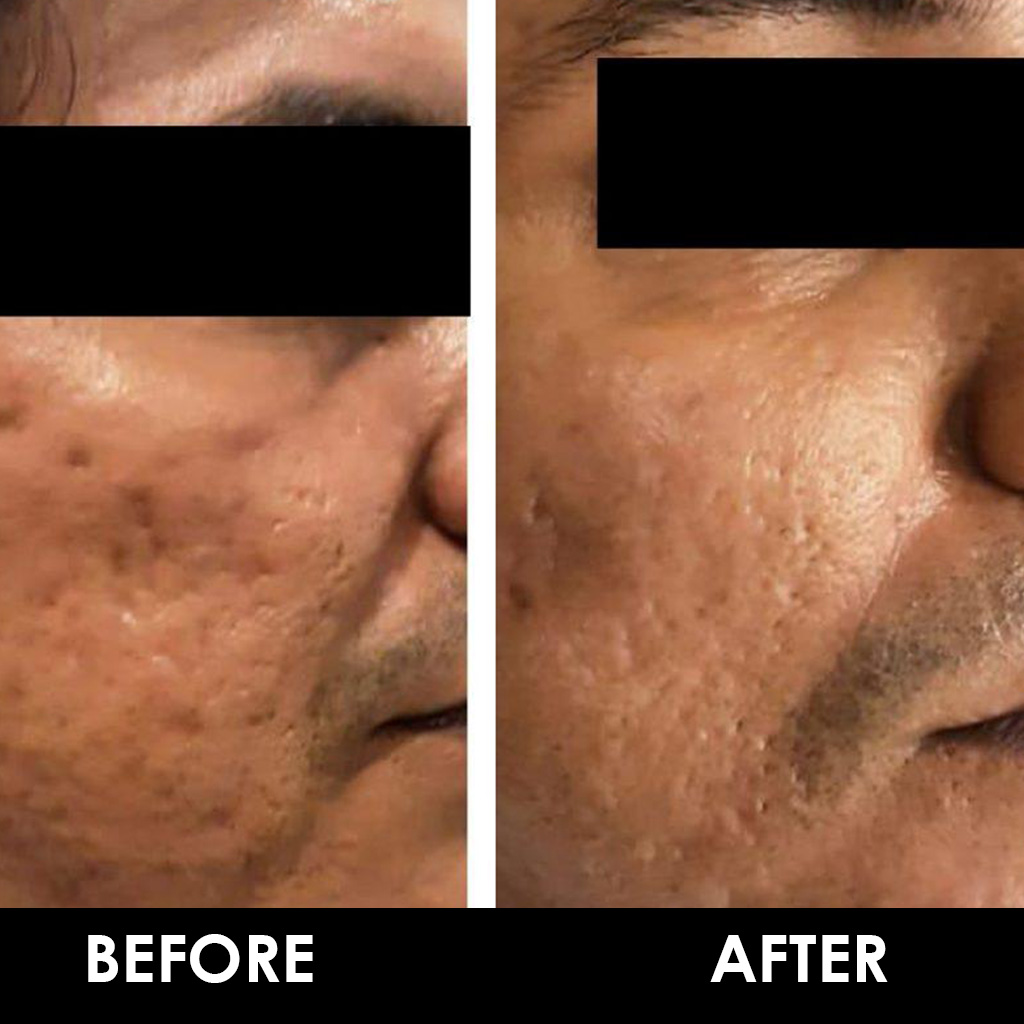
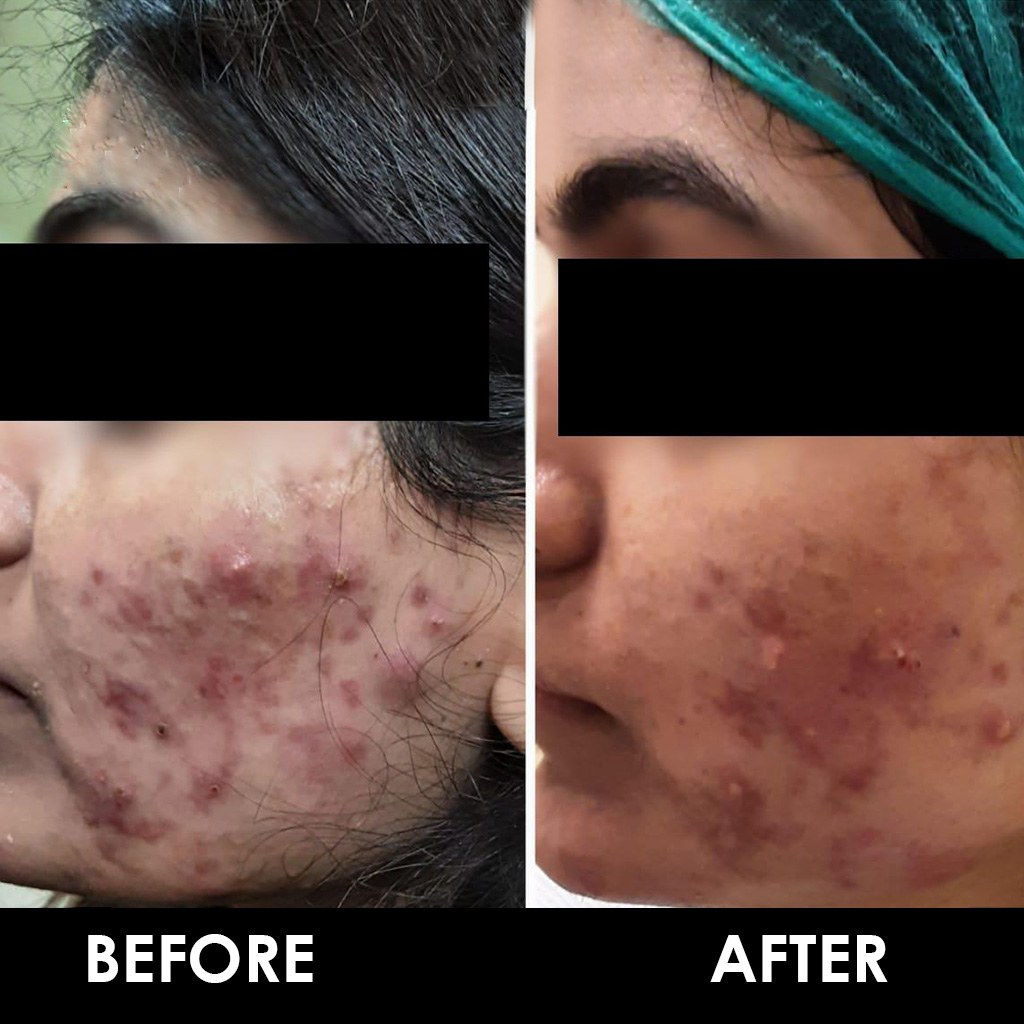
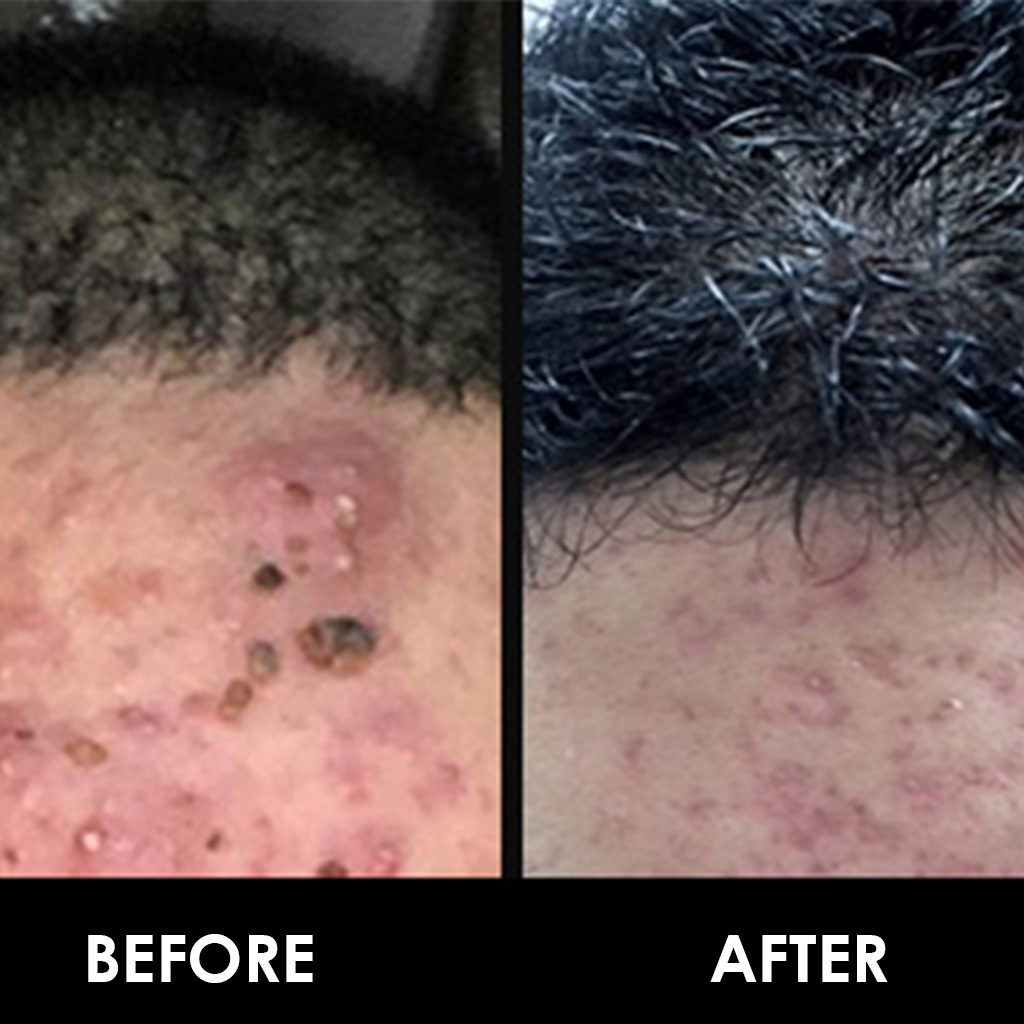









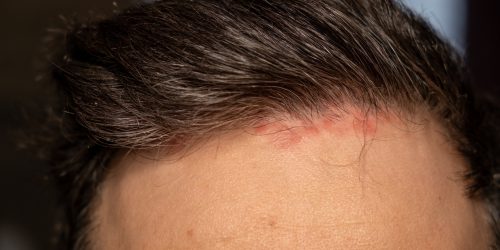

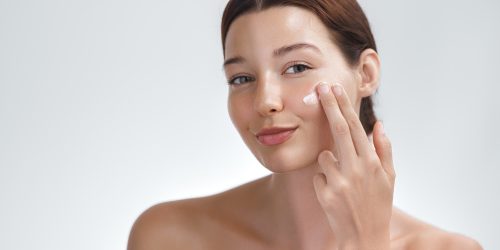
“Super & Reliable Service”